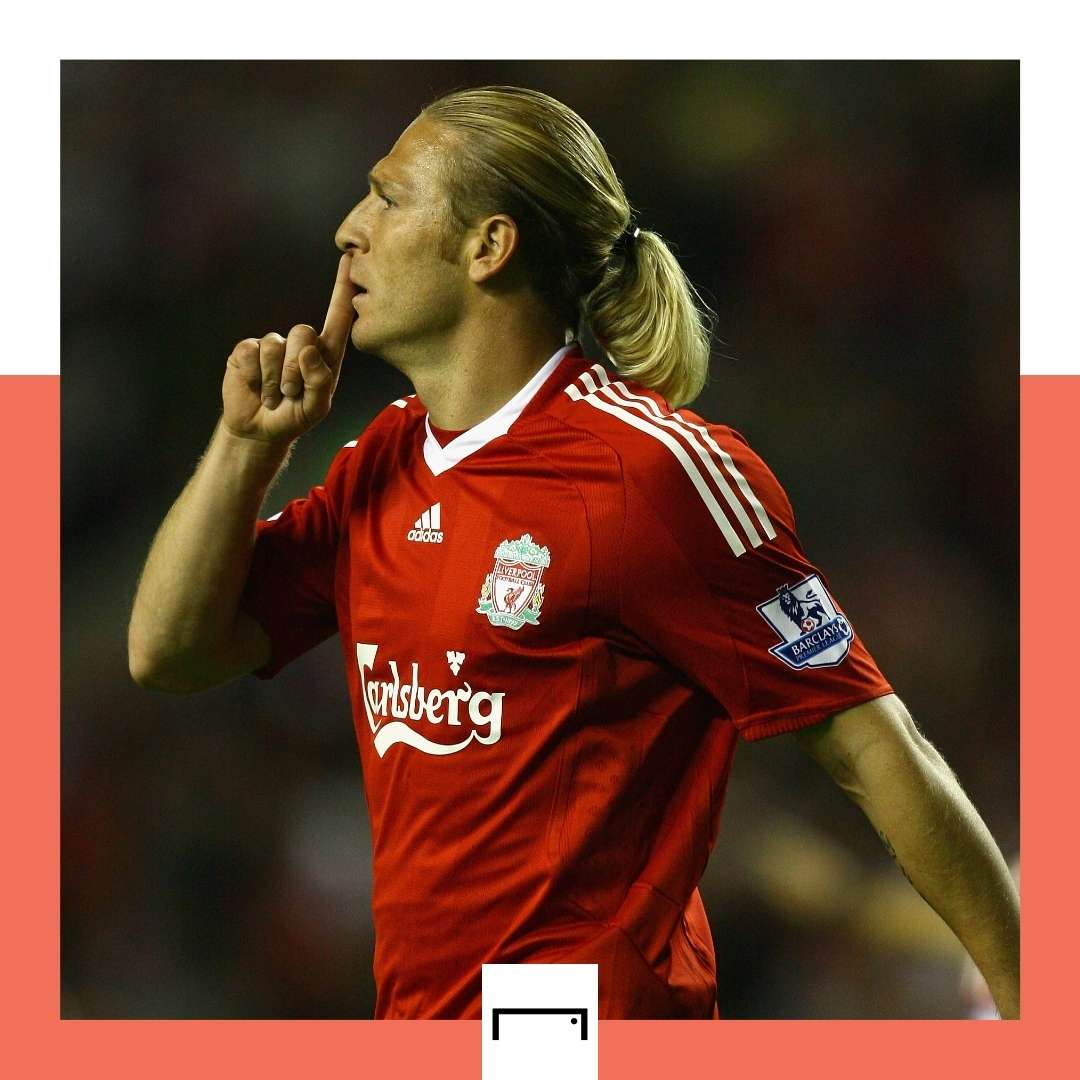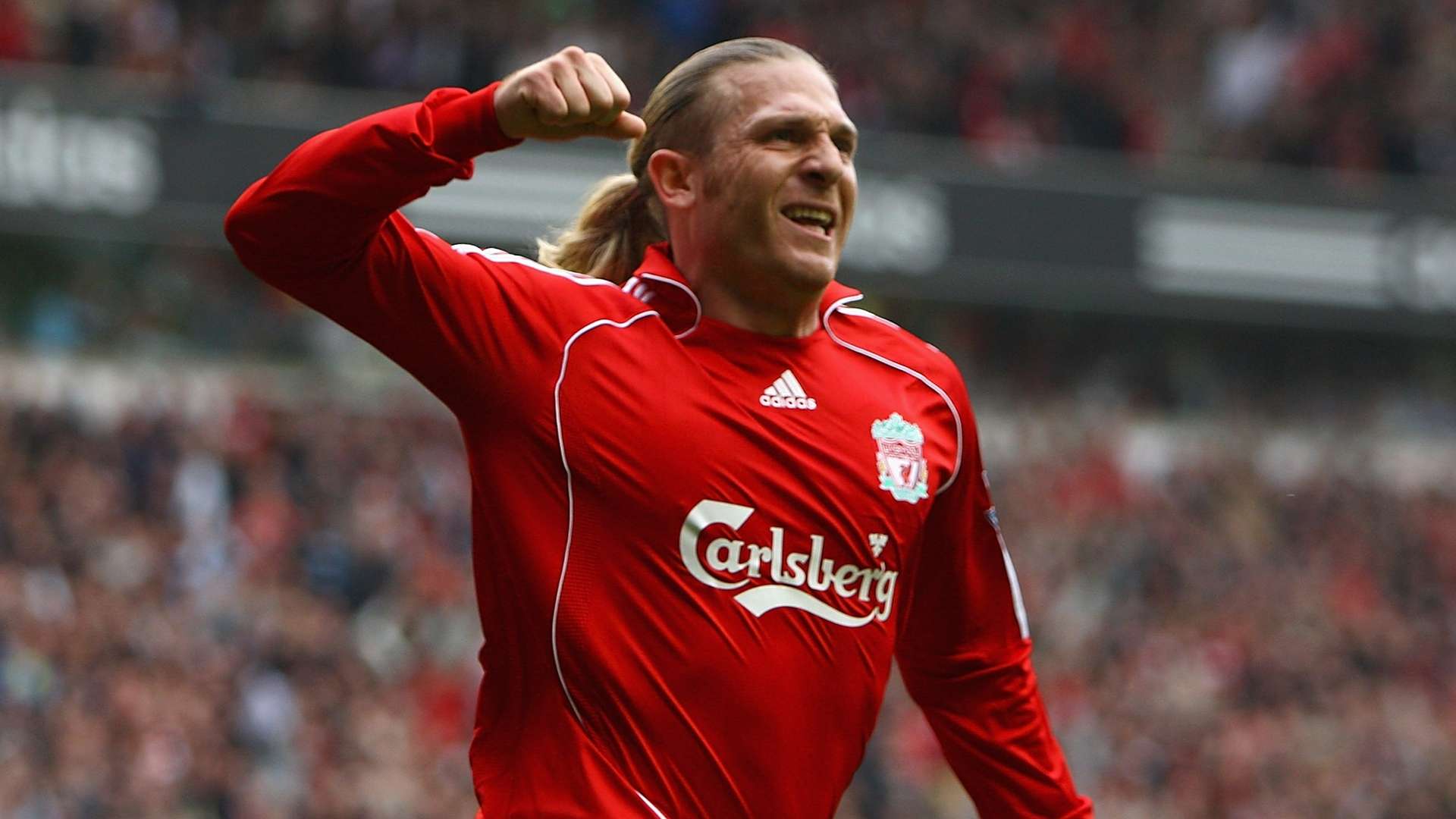Amid the horrendous scenes in his native Ukraine following the invasion by Vladimir Putin's Russia, Andriy Voronin made his position very clear as he stepped down from his assistant manager role at Dynamo Moscow on Tuesday.
"I could no longer work in the country that is bombing my homeland," he told BILD. "Stop that son of a b*tch Putin, help the refugees, and send weapons so we can defend ourselves.
"I'm so proud of our country. We have beautiful cities, great people. We will keep fighting and we will win – but the price is so high.
"All the dead... we live in the year 2022 and not in World War II."
Voronin and his family were forced to flee Moscow, managing to get a flight out in time and they are now safe in Dusseldorf, Germany.
Next Match
It is a scenario far flung from the footballing career of one of Ukraine's finest players this century, a Bundesliga goal machine who also featured, albeit rather less successfully, in the Premier League for Liverpool.
Voronin was born in Odessa, but moved to Germany as a teenager to join the academy at Borussia Monchengladbach.
He broke into the first team and made his professional debut against Bayern Munich in the Bundesliga in 1997, although he only made a handful of appearances after that and was sold to Mainz.
It was there his career took off. He was top scorer in the 2002-03 2.Bundesliga, earning him a first senior international call-up and a switch to the German top flight.
He had spells playing for Koln and then Bayer Leverkusen, and was also a key part of the Ukraine side which reached the quarter-finals of the 2006 World Cup on their tournament debut.
 Getty/GOAL
Getty/GOALIn February 2007, with his contract in Leverkusen running down, Liverpool announced they had agreed pre-contract terms with Voronin and signed him on a free transfer that summer.
Reds manager Rafa Benitez was clearly enthused, saying of Voronin upon his signing: "He is clever, has great game awareness and gives us so many more options in attack.
"He can play behind a main striker, lead the line himself, or come into the attack from the flanks."
His Anfield career began brightly enough as he scored in his second and third Premier League games: wins over Sunderland and Derby.
However, an ankle injury in January stunted his progress and his performances on the pitch betrayed a man shorn of confidence.
Rather than playing as the penalty-box predator he had been in Germany, Voronin was often found dropping deep into the midfield in search of the ball, desperate to impress and hindering rather than helping his side by providing no attacking focal point.
Voronin struggled badly to settle in England, including problems with the language barrier – or more specifically, the accent barrier.
He told GOAL in June last year: "Scouse. I understood almost nothing, as my English wasn't good anyway. When [Jamie] Carragher and [Steven] Gerrard talked, I asked them to repeat it in English.
"Liverpool didn't suit me as a city overall, even though it has a lot of history to offer, such as The Beatles. My father is a big fan of the band. When I told him I had signed with Liverpool, he started crying.
"I also couldn't cope with the weather and the rhythm of the games without a winter break. I was just travelling and playing, which was very exhausting."
 Getty/GOAL
Getty/GOALThe following season, he was loaned to Hertha Berlin, and the move eventually became permanent in January 2010, with Voronin having made just 40 appearances for Liverpool across two-and-a-half years at Anfield.
Voronin had few kind words to say about his time in the Premier League, telling the Daily Mail in 2010: "In England, it's carnage.
"If in a match one of the players doesn't bleed, doesn't smash his head in a collision or lose his leg, the fans feel cheated – the game was a failure.
"It's a crazy pace from the first minute to the final whistle: complete dedication, tremendous atmosphere in the stadiums.
"But the tactics of most teams are simple in the extreme: launch the ball 50 yards up the pitch and then rush up to the opposition goal to score."
Voronin was sold to Dynamo Moscow, where he stayed until the end of his playing days before taking up a coaching role that he kept until the recent military action by Russia in Ukraine – which has put everything, especially football, firmly into perspective.


